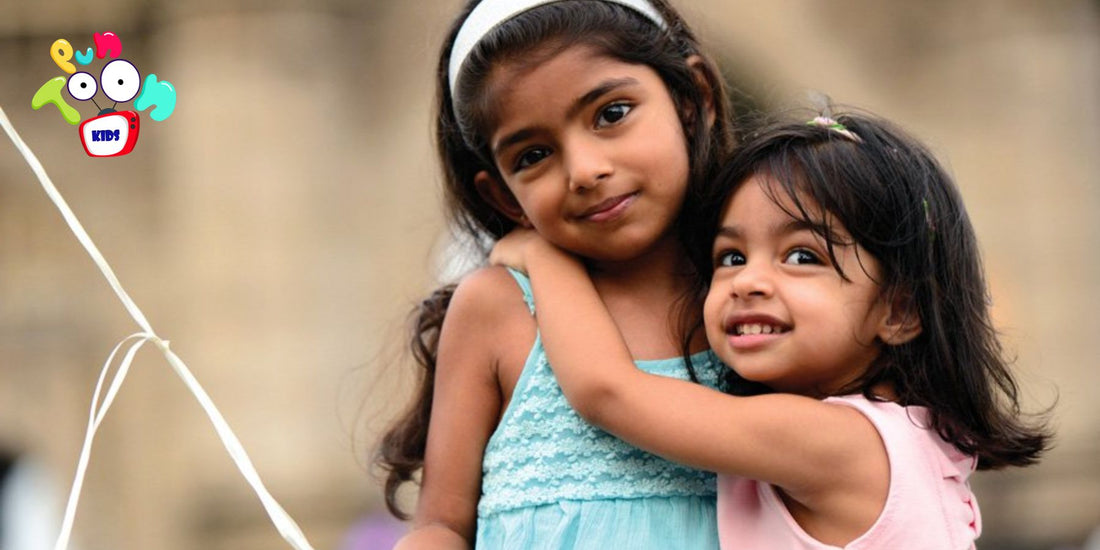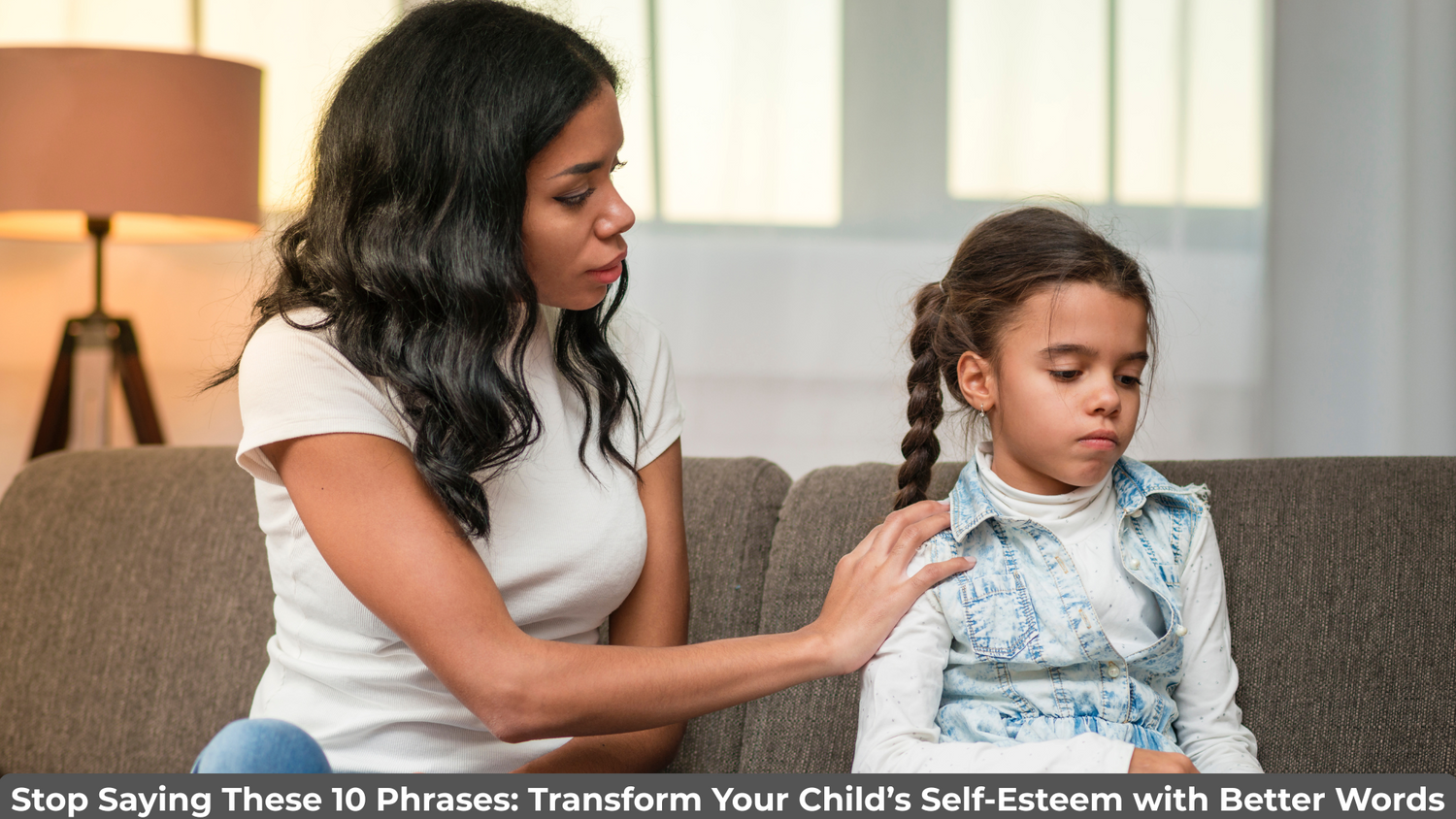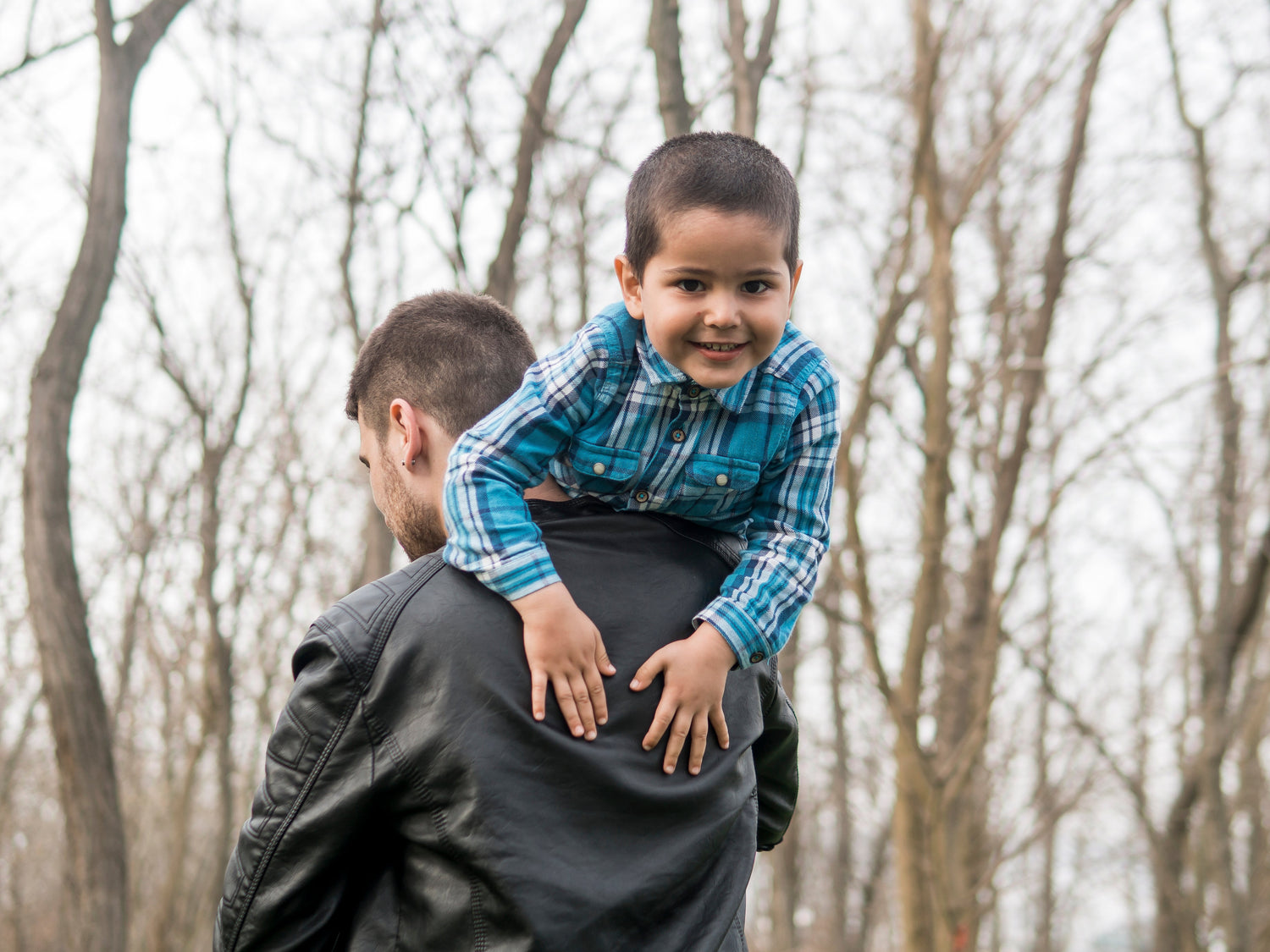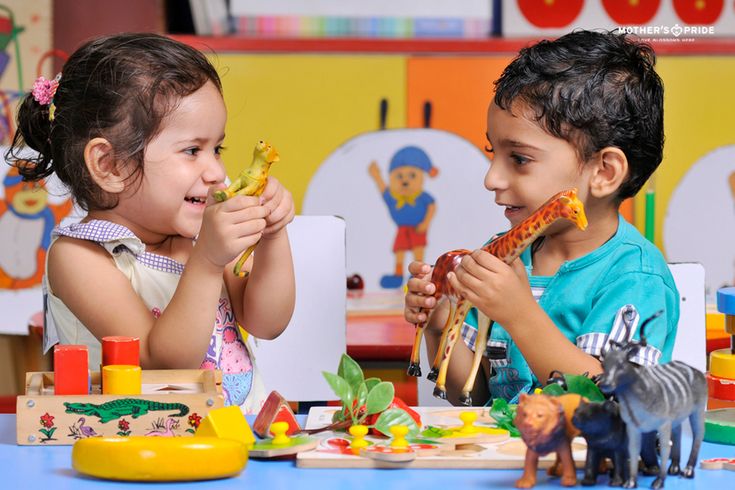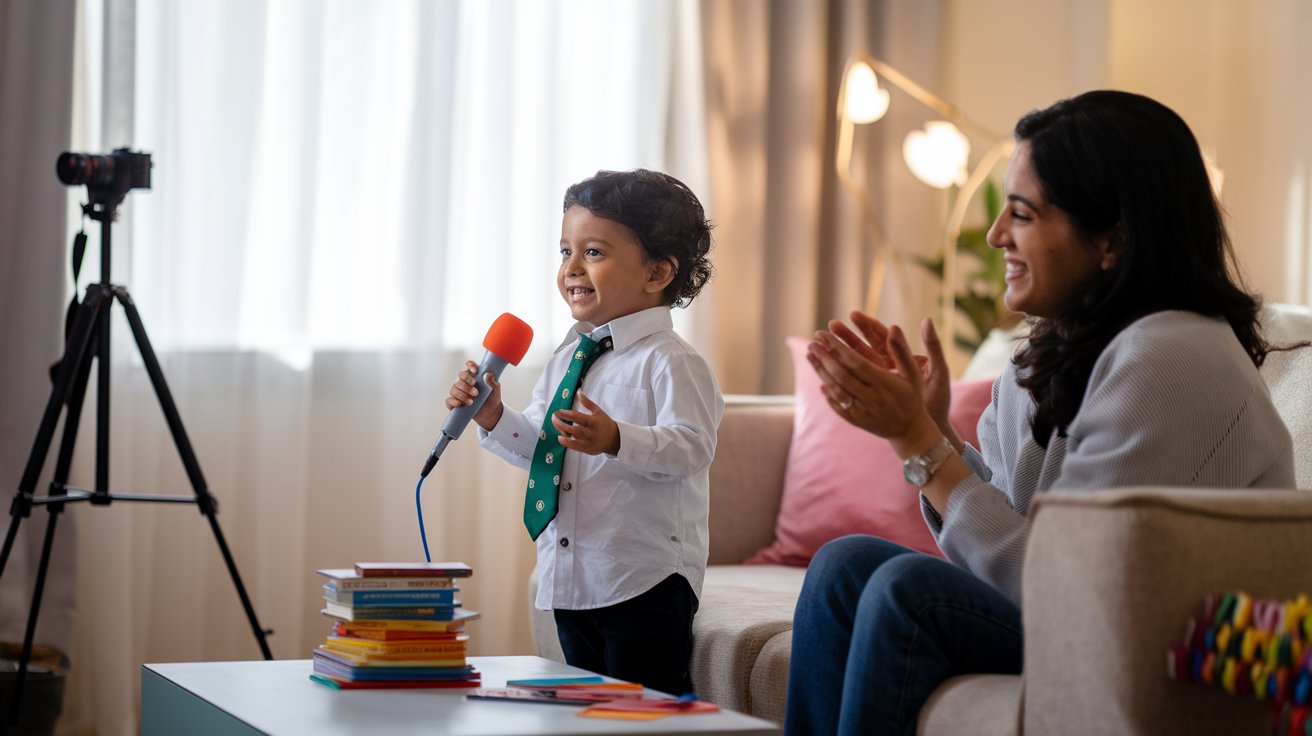Searching for methods to teach your kiddos the significance of kindness and empathy? You're fortunate! Here are five helpful tips to guide you in fostering these qualities in your children and motivate them to be more caring.
Model kindness and empathy:
Kids learn by example, so it's important to model the behavior you want to see in them. Show kindness and empathy towards others, including strangers, and explain why it's important to treat everyone with respect.
Parents are role models to their kids, so they should show them kindness and empathy. Demonstrate respect to all people and explain why it's important. Kids will follow your example.
Don't just show kindness to family and friends. Show your kids how to be kind to strangers too. At restaurants or stores, offer to pay for someone's meal or leave a better tip. This teaches kids that kindness isn't just for people they know.
Stories are great for teaching empathy. Pick ones about characters who face rejection. That way kids can learn how hurtful words can be.
Talk openly with your kids about emotions like anger, disappointment, fear, and joy. This will help them learn how to communicate thoughtfully.
Acknowledge your child when they show kindness, even small moments. This reinforces good behavior and encourages thoughtfulness. Teach your kids to walk in someone else's shoes. That way they won't hurt anyone's feelings.
Encourage perspective-taking:
Help kids learn to see situations from different perspectives by asking them how they think someone else might be feeling. This can help them develop empathy and understand how their actions can impact others.
Teaching kids empathy and kindness can be hard. But, one way to do it is through perspective-taking. Ask your child how others may feel in certain situations. This helps them understand the effect of their actions.
Encourage open communication with your child. Give them space to share thoughts and feelings. Use real life examples to show emotions and different perspectives.
Provide chances for your child to do kind acts. They'll see the good they do for others. Appreciate them for their kind actions. Show them how empathy is important.
In addition to parents, schools and other social environments should reinforce empathy. Discussions about feelings and perspectives can help children learn from each other.
Reminder: Learning empathy takes time and practice. Be patient with your child as they learn. Every kid progresses at their own speed.
Use stories to teach empathy:
Reading stories about characters who show kindness and empathy can be a powerful way to teach these values. Ask kids questions about the characters' actions and feelings to help them understand why empathy is important.
Using stories to teach empathy is a powerful way to give children valuable life lessons. Ask your child questions about characters' actions and feelings, to help them understand why empathy is important. Talking about these topics will help them see the value of kindness and empathy, which can be used in other areas of life.
Reading about different cultures and backgrounds in stories helps kids comprehend that people are not all the same. It also promotes open-mindedness and develops communication skills for healthy relationships.
Discussing how your child would feel or act in the same situations as characters in stories helps them internalize what they've learned. This boosts their emotional intelligence, teaching them how to connect and communicate better with others.
Pro Tip: Reading stories with characters who overcome challenges using courage and kindness can help children become more resilient, while also teaching them positive values like empathy. Teaching kids gratitude gives them the power to recognize the good things in life, and spread kindness wherever they go.
Practice gratitude:
Encourage kids to focus on what they are thankful for and to express gratitude towards others. This can help them develop a positive outlook and build empathy by recognizing the good in others.
Fostering kindness and empathy in kids is key for their development. Practicing gratitude is one way to do this. Acknowledge the good in others and your child will gain a brighter outlook on life. Here are tips for parents and educators!
- Set up a Gratitude Journal: Have your kid write down things they're grateful for each day - from comfy beds to supportive families.
- Model Thankful Behavior: Express appreciation in front of your child. Show them how to be thankful.
- Encourage Kids to Show Gratitude: Teach your child to say 'thank you' when somebody does something kind.
- Create a Thank You Letter: Help your kid write a thank-you letter or card for those they are thankful for.
- Do Acts of Kindness Together: Get your child involved in small acts of kindness, like giving food or water to someone in need.
By consistently doing these activities, kids will become natural at being empathetic and thankful. And parents, think about how this skill can benefit your child over their lifetime! So, let's get our kids supercharged with gratitude early on!
Teach problem-solving skills:
Help kids learn to resolve conflicts in a kind and empathetic way. Teach them to listen actively, communicate clearly, and work together to find solutions that work for everyone involved.
Teaching kids kindness and empathy is a must. One of the most important skills they need to learn is problem-solving. It's about listening actively, communicating clearly, and working together to find solutions that suit everyone. Here's a four-step guide on how to help them:
- Get them to listen actively - pay attention to what the speakers say.
- Teach them to use simple language to communicate.
- Encourage collaboration with peers and siblings.
- Show them there are multiple ways to solve issues, and the best solution works for everyone.
Developing problem-solving skills takes time and practice. But, it's important. Kids who learn to handle conflicts kindly and empathetically can become caring adults who value relationships. Additionally, positive behavior like kindness and empathy can influence every area of their lives. They'll be less likely to bully, build healthier relationships, and do better academically and professionally.
Start early by being a great role model. Exhibit kindness in your actions. This way, you'll give your kids social-emotional development skills that will benefit them forever.


